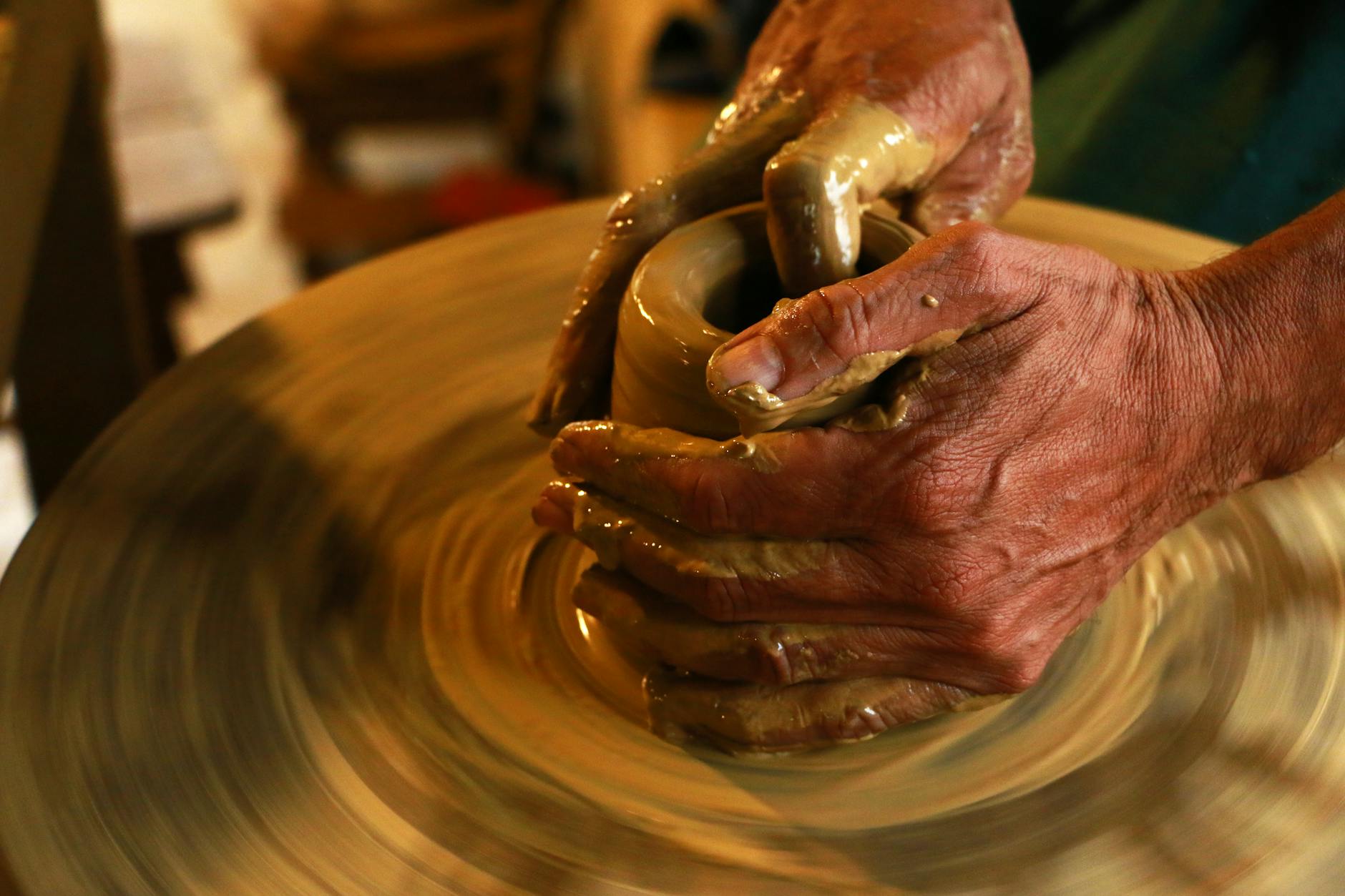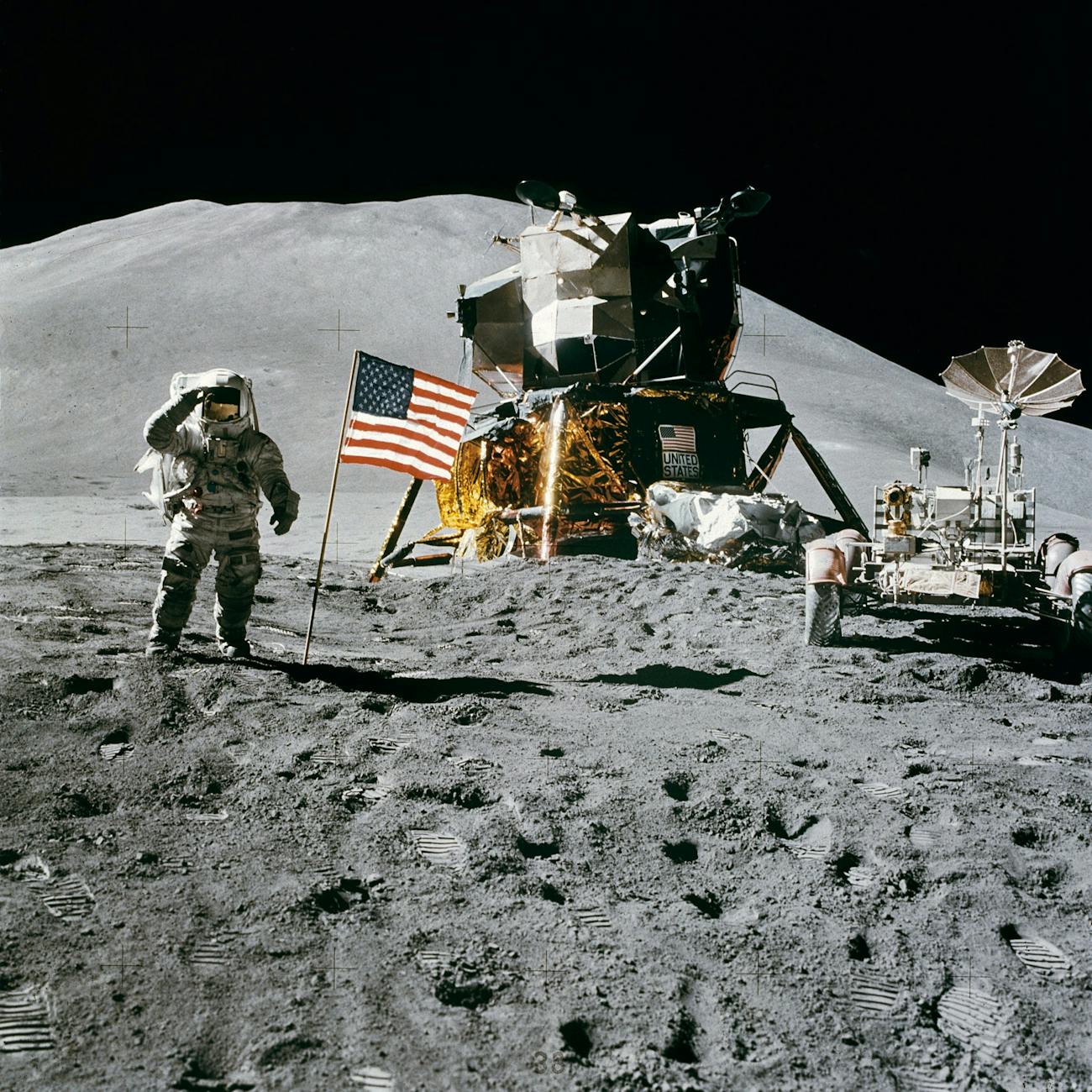The Naming Debate: Vivek Agnihotri’s Comments Spark Discussion on Historical Figures and Modern Choices
Filmmaker’s critique of the name ‘Taimur’ reignites conversations about historical legacies and parental decisions.
Filmmaker Vivek Agnihotri, known for his recent work “The Bengal Files,” has publicly voiced his disapproval of the name “Taimur,” suggesting that no one should name their child after the Turco-Mongol conqueror. This statement, made in the context of his upcoming film’s release, has drawn attention to the complex relationship between historical figures, their legacies, and the personal choices of individuals, particularly in naming their children.
A Brief Introduction On The Subject Matter That Is Relevant And Engaging
The act of naming a child is often deeply personal, reflecting cultural heritage, familial traditions, or aspirations for the future. However, when a name is associated with a historical figure who has a controversial or violent past, it can become a focal point for public debate. Vivek Agnihotri’s recent comments regarding the name “Taimur” fall squarely into this category. By highlighting the historical atrocities committed by Taimur (also known as Timur or Tamerlane), Agnihotri is essentially questioning the appropriateness of associating a child’s identity with such a figure. This brings to the forefront a broader societal conversation about how we engage with history, the responsibility that comes with using historical names, and the potential impact on individuals and public perception.
Background and Context To Help The Reader Understand What It Means For Who Is Affected
The name “Taimur” gained significant public attention in India following the birth of the son of Bollywood actors Saif Ali Khan and Kareena Kapoor in 2016. The choice of name, directly referencing the 14th-century Turco-Mongol conqueror, sparked a widespread debate. Taimur, the historical figure, is widely recognized for his military campaigns across Persia, Central Asia, and India, which were often characterized by immense brutality and widespread destruction. Historical accounts detail massacres and the construction of pyramids of skulls, earning him a reputation as a formidable, albeit ruthless, conqueror.
Agnihotri’s recent remarks, linking the name to these atrocities, directly addresses this historical context. For the parents who chose the name, it was reportedly a personal choice, with Saif Ali Khan himself stating in previous interviews that the name has historical significance and refers to a great conqueror. However, Agnihotri’s perspective emphasizes the impact of such historical figures on those who suffered under their rule. The controversy highlights how a seemingly personal decision can have broader implications, particularly when the name is associated with figures who inflicted immense suffering on various populations, including those in the Indian subcontinent.
The debate also touches upon the influence of celebrity culture, where the naming choices of public figures often become subject to public scrutiny and commentary. This situation also affects those who might share the name “Taimur” without any connection to the historical figure, potentially facing unwanted associations or judgment.
In Depth Analysis Of The Broader Implications And Impact
Vivek Agnihotri’s critique of the name “Taimur” extends beyond a simple personal opinion; it delves into the broader implications of how societies remember and interpret history, especially concerning figures associated with violence and conquest. By foregrounding the “atrocities” of Taimur, Agnihotri is advocating for a more critical engagement with historical narratives, particularly those that might be perceived as glorifying or downplaying the suffering of victims.
This stance invites a discussion on the concept of historical memory and its politicization. In many cultures, historical figures are not just individuals but symbols that carry significant weight and can be invoked to support various ideologies or narratives. When a contemporary individual is named after such a figure, it can inadvertently or intentionally align them with that figure’s historical legacy. Agnihotri’s argument suggests that naming a child “Taimur” in the current era is insensitive to the historical pain associated with the name, particularly for communities that were directly impacted by Taimur’s campaigns.
Furthermore, the filmmaker’s comments highlight the tension between individual freedom of expression and collective historical consciousness. While parents have the right to name their children as they wish, there’s an ongoing societal conversation about the ethical considerations involved, especially when those choices intersect with sensitive historical events. The impact can also be seen in the discourse surrounding nationalism and identity, where historical figures are often used to construct national narratives. Agnihotri’s intervention could be interpreted as a call to a more nuanced understanding of historical figures, one that acknowledges their complexities and the impact of their actions on a wider scale.
Key Takeaways
- Filmmaker Vivek Agnihotri has publicly criticized the name “Taimur,” citing the historical atrocities of the Turco-Mongol conqueror.
- The name “Taimur” became a subject of public debate in India following its adoption by celebrity couple Saif Ali Khan and Kareena Kapoor for their son.
- Agnihotri’s comments emphasize the importance of considering the historical context and potential suffering associated with names linked to violent figures.
- The discussion touches upon the balance between parental rights in naming children and the societal responsibility of historical remembrance.
- Celebrity naming choices often attract public scrutiny, highlighting the intersection of personal decisions and cultural discourse.
What To Expect As A Result And Why It Matters
Vivek Agnihotri’s public statements are likely to fuel further debate on the subject of naming conventions and historical accountability. It is plausible that his remarks will encourage more public discourse on the complexities of historical figures and their enduring impact. For parents considering names with strong historical associations, Agnihotri’s comments serve as a reminder of the potential for public reaction and the importance of understanding the full historical context.
The conversation also matters because it encourages a more critical and reflective approach to how we engage with history in our daily lives. It prompts us to question not just the figures themselves, but also how their stories are told and how we choose to represent them. This can lead to a more informed and sensitive understanding of the past and its relevance to the present. The debate highlights the evolving nature of cultural norms and the ongoing dialogue about identity, history, and personal choice in a globally connected world.
Advice and Alerts
For parents navigating the significant decision of naming their child, it is advisable to conduct thorough research into the historical and cultural connotations of any chosen name. While personal preference is paramount, understanding the potential associations and the broader historical context can help in making an informed choice and anticipating potential public reactions. Engaging with historical scholarship and diverse perspectives can offer a more complete understanding of figures whose names might be considered. This proactive approach can foster a more considerate and mindful engagement with the past, ensuring that personal choices are made with awareness of their potential impact.
Annotations Featuring Links To Various Official References Regarding The Information Provided
- Historical accounts of Taimur (Timur): While direct links to definitive “official” historical accounts can be varied and subject to interpretation, academic encyclopedias and historical archives provide extensive information. For a general overview of Timur’s conquests and their impact, resources such as:
can offer foundational knowledge.
- Filmmaker Vivek Agnihotri’s work: Information about Vivek Agnihotri’s films, including “The Bengal Files,” can typically be found on reputable film databases and news outlets that cover the entertainment industry.
- The source article itself (DNA India) provides context for his recent comments: DNA India Report
- Discussions on celebrity naming practices: Media outlets frequently report on celebrity baby names and the ensuing public reactions, offering insights into societal attitudes towards such choices.
- Archived news reports from major entertainment publications can provide context on the initial reactions to the naming of Saif Ali Khan and Kareena Kapoor’s son. (Specific links to archived news may vary widely based on media outlet policies.)















